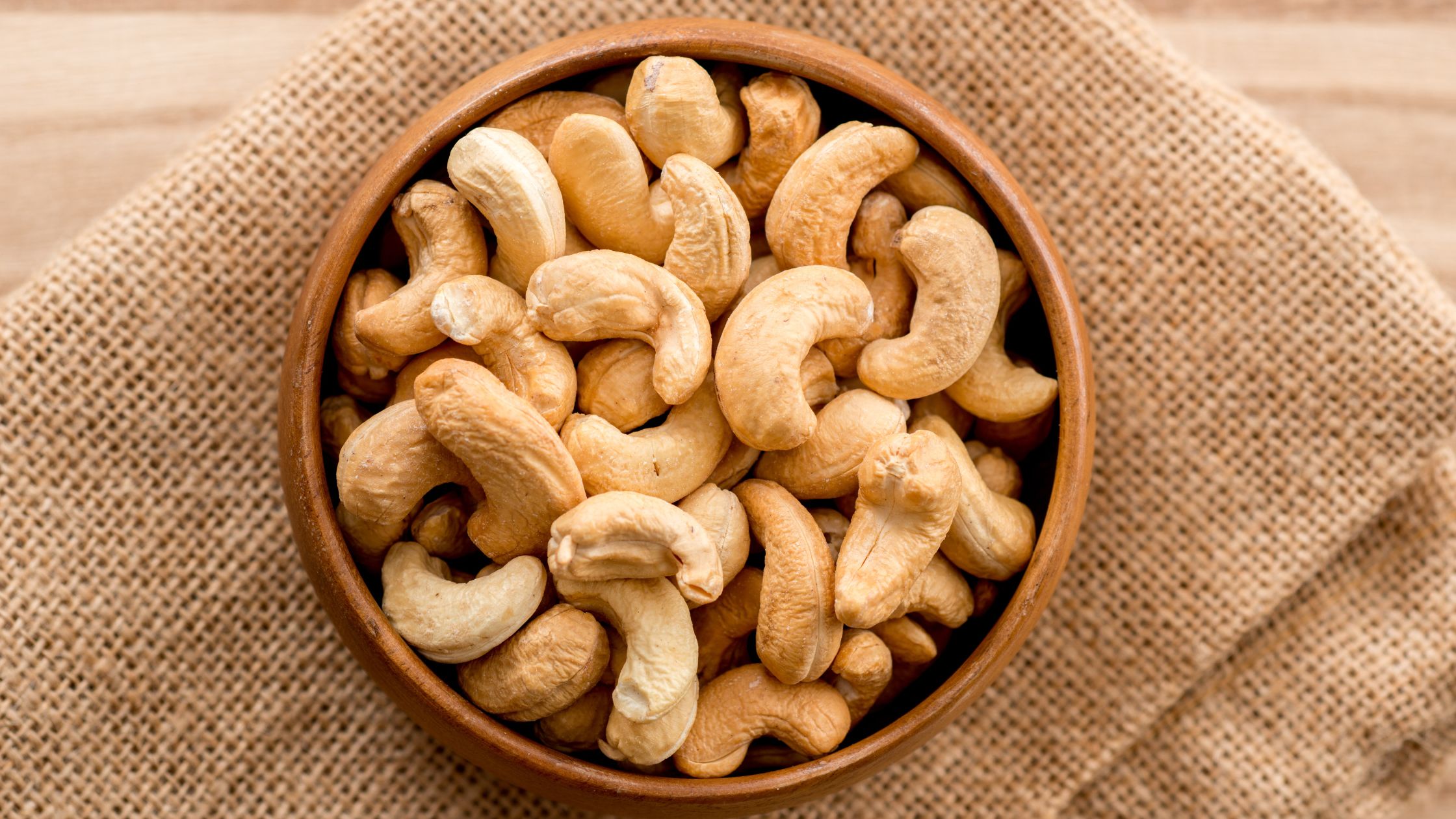The Benefits of Cinnamon
When it comes to the health benefits of cinnamon, they are numerous and scientifically well-documented. Let’s delve a little deeper into the research behind each of these benefits.
1. High in Antioxidants
Cinnamon is exceptionally rich in antioxidants — compounds that combat oxidative stress in your body by neutralizing harmful free radicals.
Specifically, it’s loaded with polyphenols, phenolic acid, and flavonoids.
It’s interesting to note that a study published in the Journal of Agricultural and Food Chemistry compared the antioxidant properties of 26 different spices and found that cinnamon was the winner.
Surprisingly, it even outperformed so-called popular herbs like clove and oregano.
2. Anti-Inflammatory Properties
Several studies have shown that cinnamon possesses potent anti-inflammatory properties.
According to research, cinnamon’s cinnamaldehyde and cinnamic acid can help reduce inflammation and swelling, potentially aiding in the management of arthritis and other inflammatory diseases.
3. Cinnamon May Improve Sensitivity to Insulin
Research, such as a study published in the Journal of Diabetes Science and Technology, has demonstrated that cinnamon can significantly increase insulin sensitivity.
This is of great benefit to individuals with type 2 diabetes, as it could help improve their body’s response to insulin, thereby better managing their blood sugar levels.
4. Cinnamon May Lower Blood Sugar Levels
A published in the International Journal of Food Science found that consuming cinnamon can also lessen the amount of glucose that specifically enters your bloodstream after a meal.
This effect is due to cinnamon slowing down the breakdown of carbohydrates in the digestive tract, which consequently moderates the rise in blood sugar after meals.
5. Cinnamon May Reduce the Risk of Heart Disease
Increasing scientific evidence has shown consuming cinnamon can reduce levels of total cholesterol, LDL cholesterol (the “bad” cholesterol), and triglycerides, while HDL cholesterol (the “good” cholesterol) remains stable.
Hence, regular consumption of cinnamon might be beneficial in reducing the risk of heart disease.
6. Cinnamon May Enhance Brain Function
Research indicates that cinnamon could have neuroprotective effects.
A 2009 study published in the Journal of Alzheimer’s Disease revealed that cinnamon can inhibit the buildup of a protein named tau in the brain, which is a hallmark of Alzheimer’s disease.
Meanwhile, a 2014 study in the Journal of Neuroimmune Pharmacology suggested that cinnamon might help protect dopaminergic neurons, which are often damaged in patients with Parkinson’s disease.
7. Cinnamon May Help Fight Bacterial and Fungal Infections
Owing to its antimicrobial properties, cinnamon can help fight off bacterial and fungal infections.
For instance, cinnamaldehyde, one of the major active ingredients of cinnamon, has been found to fight various kinds of infection.
Cinnamaldehyde can inhibit the growth of certain bacteria, including Listeria and Salmonella.
Moreover, researchers revealed that the antifungal activity of cinnamaldehyde in cinnamon could also help treat respiratory tract infections caused by fungi.
Conclusion
Cinnamon, a widely cherished spice, packs a multitude of scientifically proven health benefits.
It’s a rich antioxidant, and anti-inflammatory properties boost overall wellness.
Consuming cinnamon can enhance insulin sensitivity, regulate blood sugar levels, reduce heart disease risk, and potentially improve brain function.
It also has antimicrobial capabilities, warding off bacterial and fungal infections.
For these reasons, cinnamon makes a fantastic addition to a healthy diet.
Frequently Asked Questions About the Benefits of Cinnamon
Can I consume too much cinnamon?
Yes, especially if the cinnamon contains a compound called coumarin, which can be harmful in large amounts.
Cassia cinnamon, common in grocery stores, contains high levels of coumarin.
On the other hand, Ceylon cinnamon contains minimal coumarin and is safer for regular consumption.
How can I incorporate cinnamon into my diet?
Cinnamon is versatile and can be added to many dishes.
You can sprinkle it onto your breakfast cereals, add it to your baking recipes, mix it into smoothies, or even add it to savory dishes like curries.
It can also be used in making hot drinks like tea or hot chocolate.
Is cinnamon safe for everyone?
While cinnamon is generally safe for most people, some individuals might experience allergic reactions.
Also, it might interact with certain medications, especially those for diabetes and heart disease. It’s always best to consult with a healthcare professional if you’re unsure.
Does cinnamon have any side effects?
In small to moderate amounts, cinnamon doesn’t usually cause side effects.
However, large amounts might cause mouth sores, low blood sugar, or liver problems due to its coumarin content.
What’s the difference between Ceylon cinnamon and Cassia cinnamon?
Ceylon cinnamon, also generally called “true cinnamon,” has a subtle, sweet flavor and is relatively expensive.
It contains minimal amounts of coumarin. Cassia cinnamon, on the other hand, is the more common type found in most grocery stores.
It has a stronger flavor and contains more coumarin.






